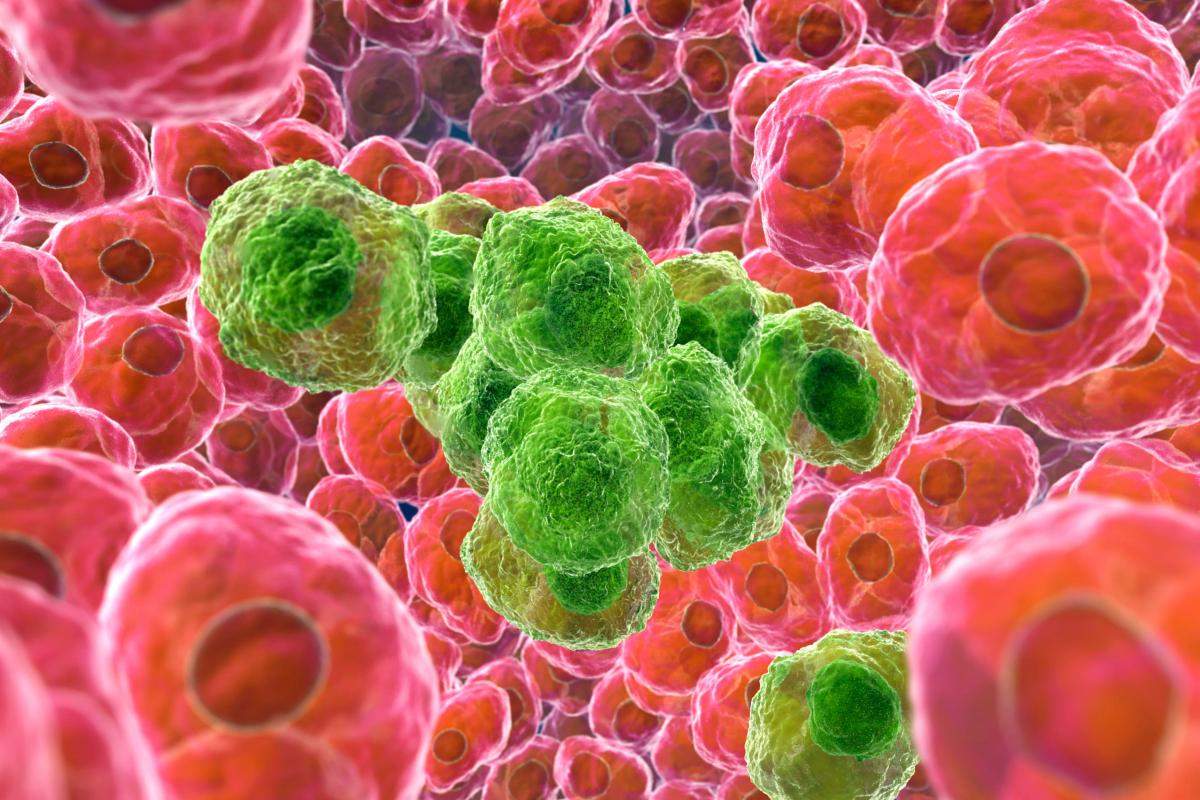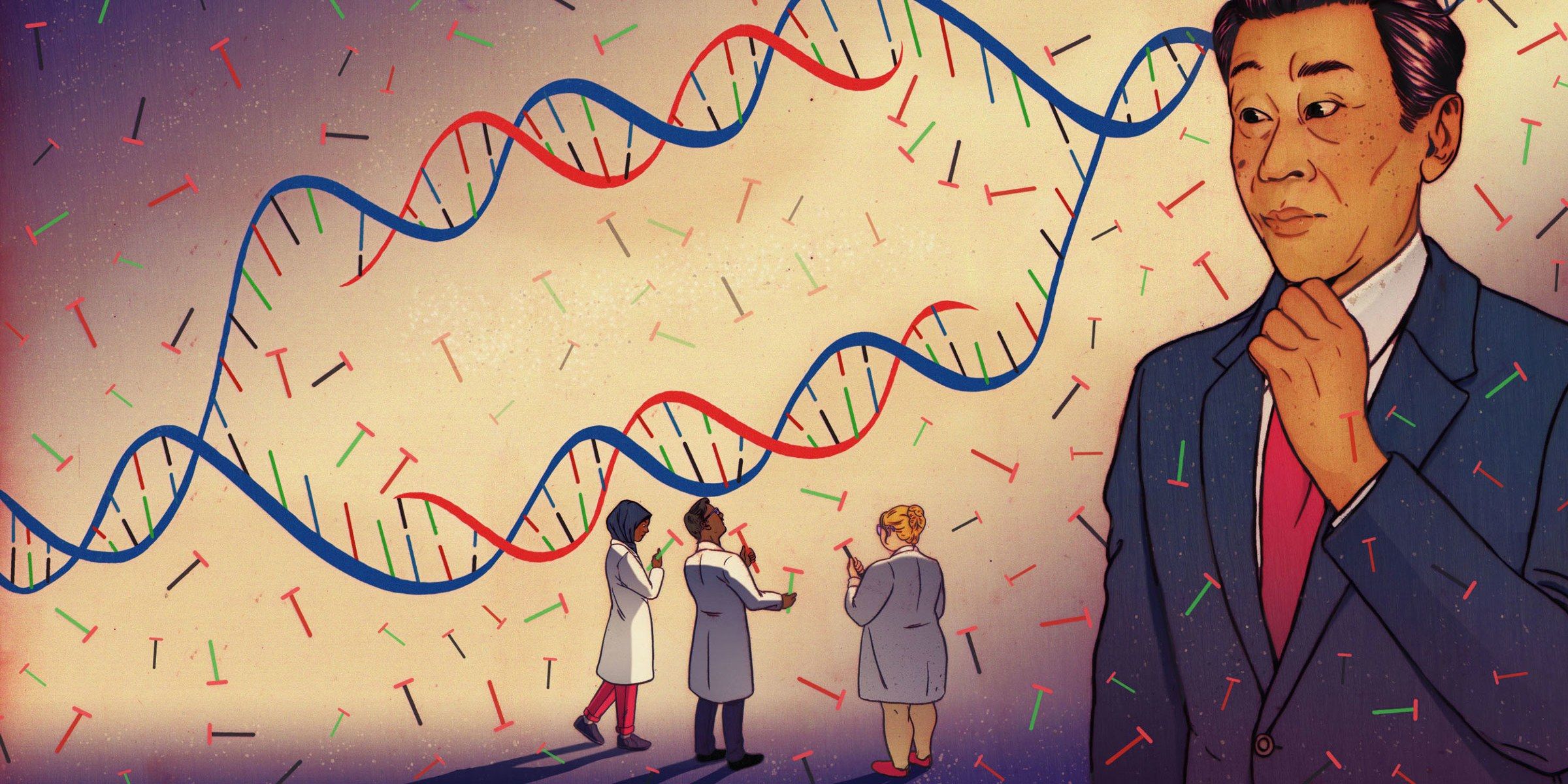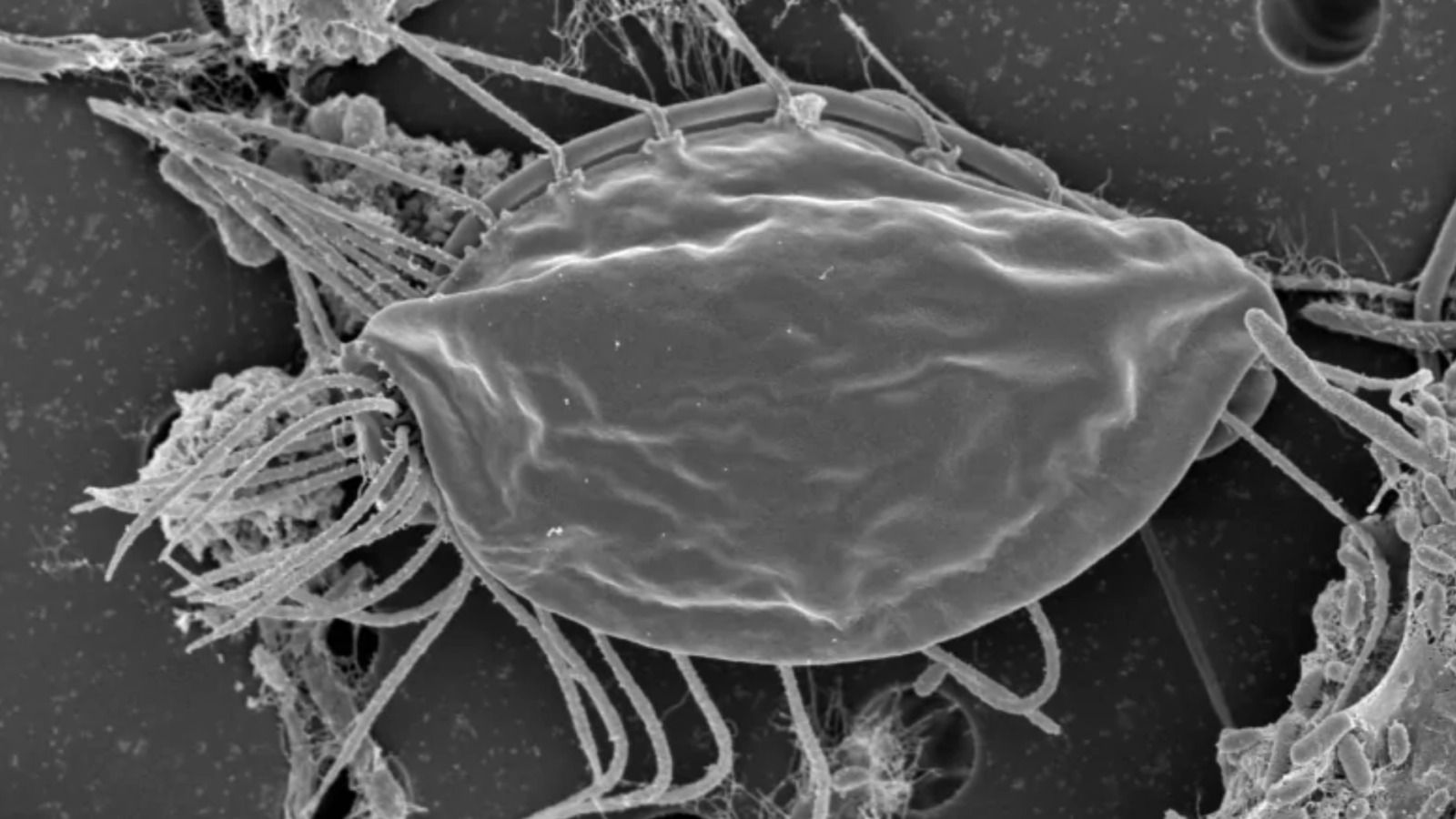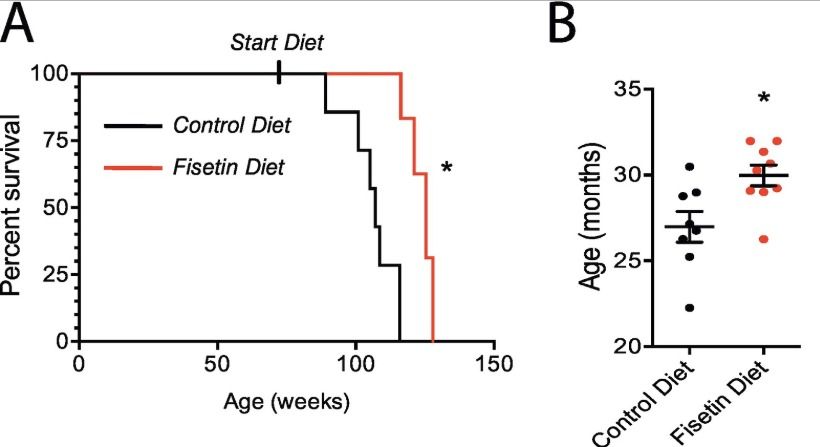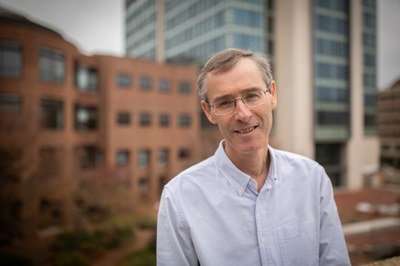Nov 19, 2018
Coming to terms with complexity: Eco-evolutionary dynamics under more than one selection pressure
Posted by Xavier Rosseel in categories: biotech/medical, evolution, genetics
We found that the evolution of anti-predatory defense in the prey species stabilized predator population size but that this was delayed in the presence of the abiotic stressor. This corresponded with a lack or delay in the evolution of resistance to the abiotic stressor. Therefore, the abiotic stressor had a big effect on the eco-evolutionary dynamics, weakening the evo-to-eco link. One might expect that this is caused by competition between (asexual) bacterial lineages possessing different adaptations, decreasing the rate and directionality of evolution under multiple selection pressures. Instead, the genomic investigation showed that different targets (genes or duplicated sites) were repeatedly mutated in the individual and combined treatments. The population genetics thus revealed complex mechanistic underpinnings for a seemingly sensible difference in dynamics. Perhaps a specific type of bacterial cell clumping or another adaptation is favored in the dual-stressor environment because of conferring a degree of resistance to both types of stressors? This could then direct the mutational path away from the optimal adaptations to the individual stressors.
It took us five years to disentangle the complex interplay between ecology and evolution in an experimental system consisting of bacteria, ciliates and antibiotics.


